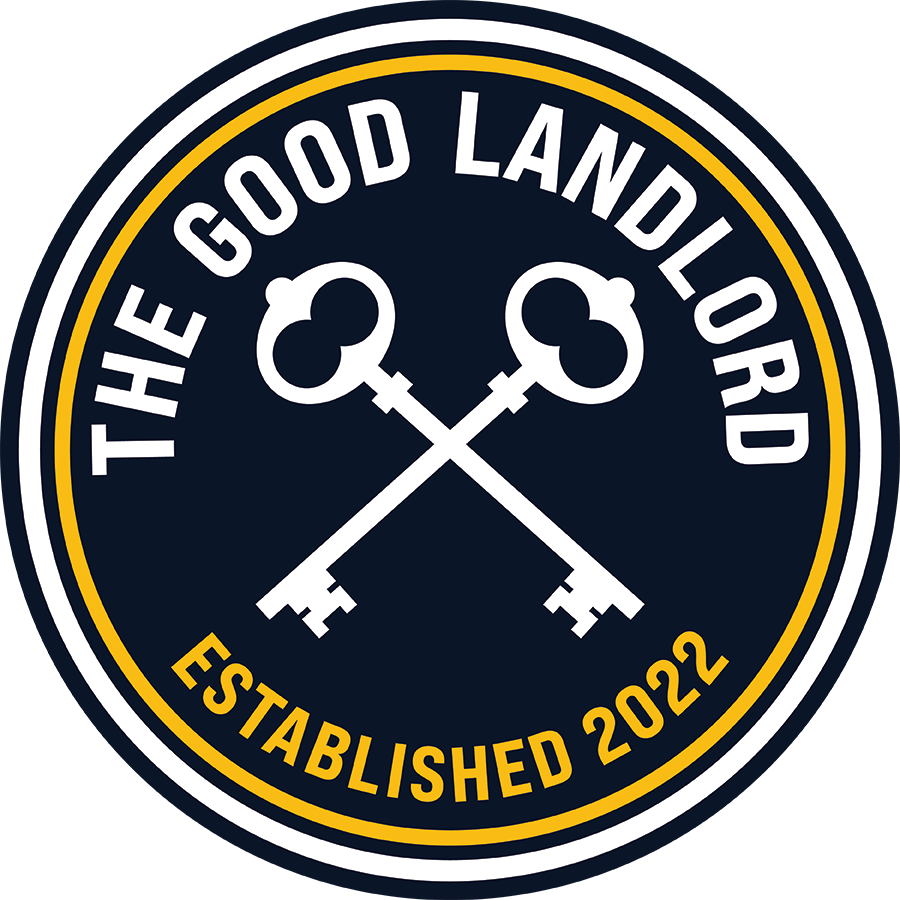Being a “good landlord” goes beyond simply collecting rent—it’s about creating a positive, comfortable environment that benefits both you and your tenants. A good landlord is someone who is fair, proactive, and respectful, building a living situation that encourages tenants to stay long-term. This approach not only enhances tenant satisfaction but also reduces vacancy rates, minimizes property damage, and can even increase property value. Here’s a look at the key traits that define a good landlord and the benefits of adopting these practices.
Traits of a Good Landlord
1. Fairness and Transparency
A good landlord is fair and transparent in all interactions with tenants. This means providing clear, written terms in the lease agreement and explaining expectations around rent, maintenance, and property policies from the outset. When tenants understand what to expect, it builds trust and reduces the likelihood of disputes. Transparency extends to handling maintenance requests honestly and being upfront about any changes in property policies. This clear communication fosters a trusting relationship, making tenants feel more comfortable in their rental.
2. Proactive Maintenance
Taking a proactive approach to maintenance is one of the most visible traits of a good landlord. Keeping the property in good condition not only protects your investment but also shows tenants that you care about their comfort and well-being. Regular inspections, timely repairs, and preventative maintenance help prevent issues from escalating into more costly problems. This commitment to upkeep also creates a safer and more comfortable living environment, which increases tenant satisfaction and retention.
3. Respect for Tenant Privacy
Respecting tenant privacy is crucial to building a respectful, professional relationship. Tenants have a right to privacy, and landlords should adhere to legal guidelines around property entry. In Florida, landlords are generally required to provide at least 12 hours’ notice before entering a rental unit, except in emergencies. Observing these privacy rights makes tenants feel respected and valued, leading to a more positive and cooperative relationship.
4. Approachability and Responsiveness
Good landlords are approachable and responsive. They understand that issues can arise at any time, and they’re available to address tenant concerns promptly. Responding quickly to maintenance requests, questions, or issues not only helps keep the property in good shape but also reassures tenants that their needs are important. Being accessible and open to communication builds trust and goodwill, leading to happier tenants who are more likely to renew their leases.
5. Consistency in Rules and Policies
Consistency in enforcing rules and policies helps establish a stable, predictable living environment. A good landlord applies rules fairly and consistently to all tenants, without favoritism or leniency. This consistency reinforces the landlord’s reliability and professionalism, and tenants know what to expect, making the rental experience smoother and more predictable.
Benefits of Being a Good Landlord
Higher Tenant Retention
Satisfied tenants are more likely to renew their leases, which reduces turnover and vacancy rates. When tenants feel respected and valued, they’re more inclined to stay long-term, which ultimately saves landlords the costs associated with finding and screening new tenants and preparing the property for re-rental.
Positive Reputation
A good landlord builds a positive reputation that attracts quality tenants. Tenants talk, and word of mouth can be a powerful tool in real estate. A reputation for fairness, transparency, and good property management makes a rental more appealing, allowing landlords to attract tenants who are responsible and respectful.
Becoming a good landlord involves fairness, transparency, proactive maintenance, respect for privacy, approachability, and consistency. These qualities create a better experience for both landlords and tenants, fostering a positive relationship that leads to long-term rental success. At The Good Landlord, we believe that adopting these practices not only helps landlords protect their investments but also builds a supportive, thriving rental community.
